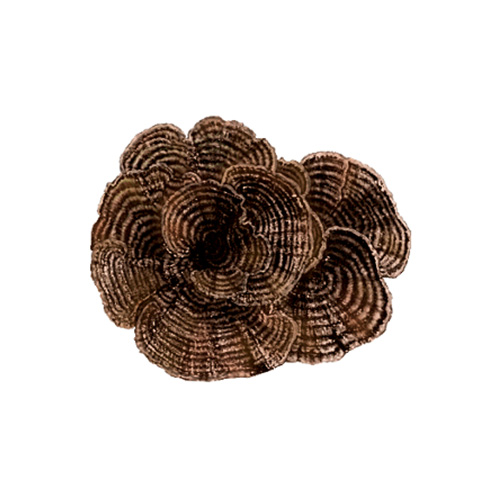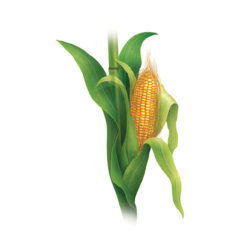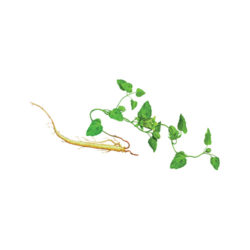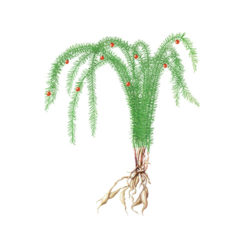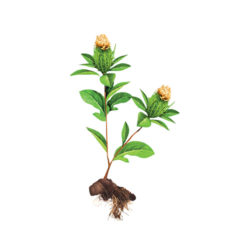Coriolus Versicolour, Trametes versicolor
Yunzhi is mainly found in the Yunnan and Guizhou areas of China, where it grows wild in deep forests. It is one of the most precious herbs in Chinese medicine and has been used for over 2,000 years, first recorded in the Classic of Herbal Medicine. However, it is only in very recent years that the Western world has shown interest in yunzhi following double-blind trials that proved a polysaccharide found in the fungus could significantly improve the health of patients undergoing cancer treatments.
*The Content is not intended to be a substitute for professional medical advice, diagnosis, or treatment. Please always seek the advice of your physician or other qualified health provider with any questions you may have regarding a medical condition.
